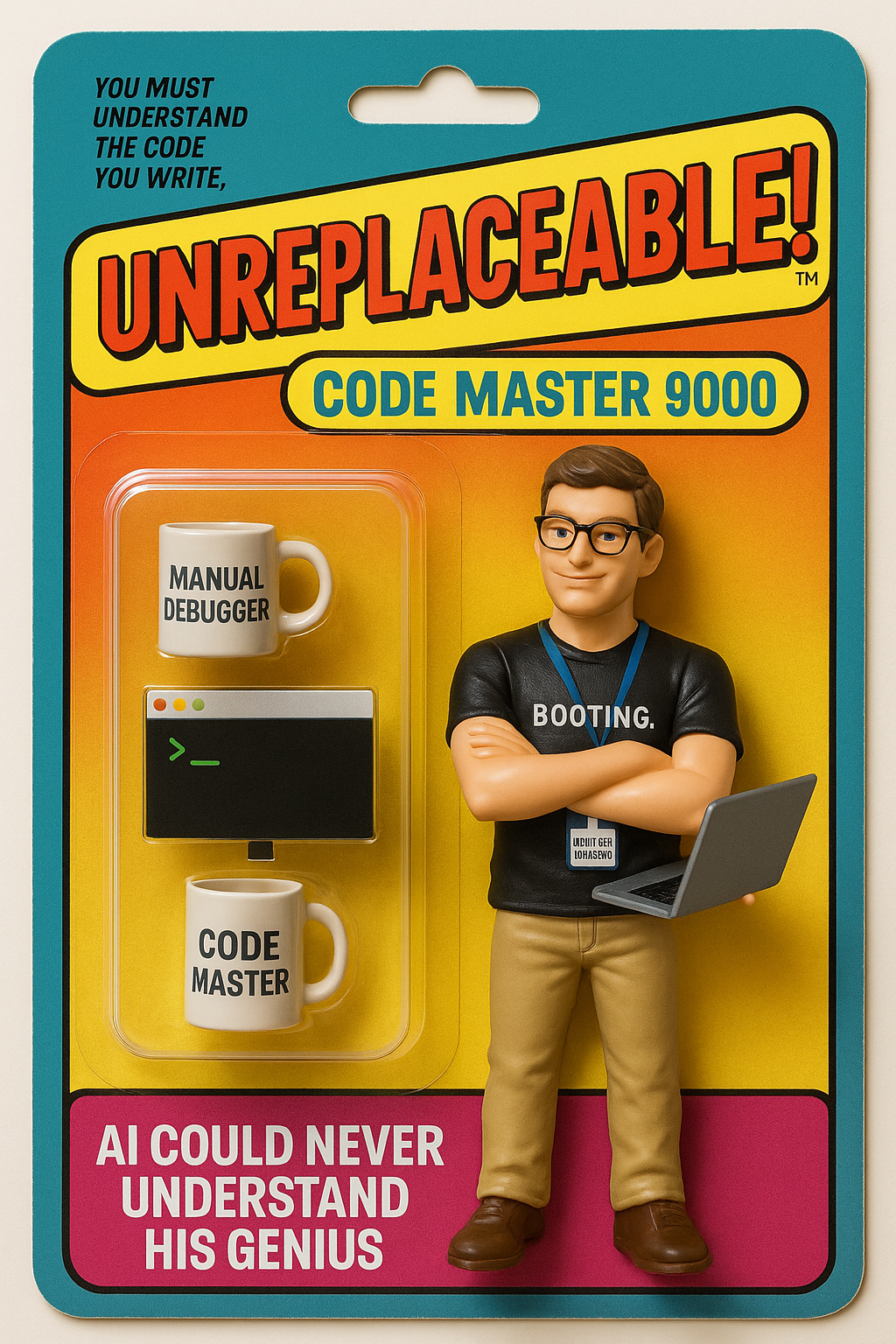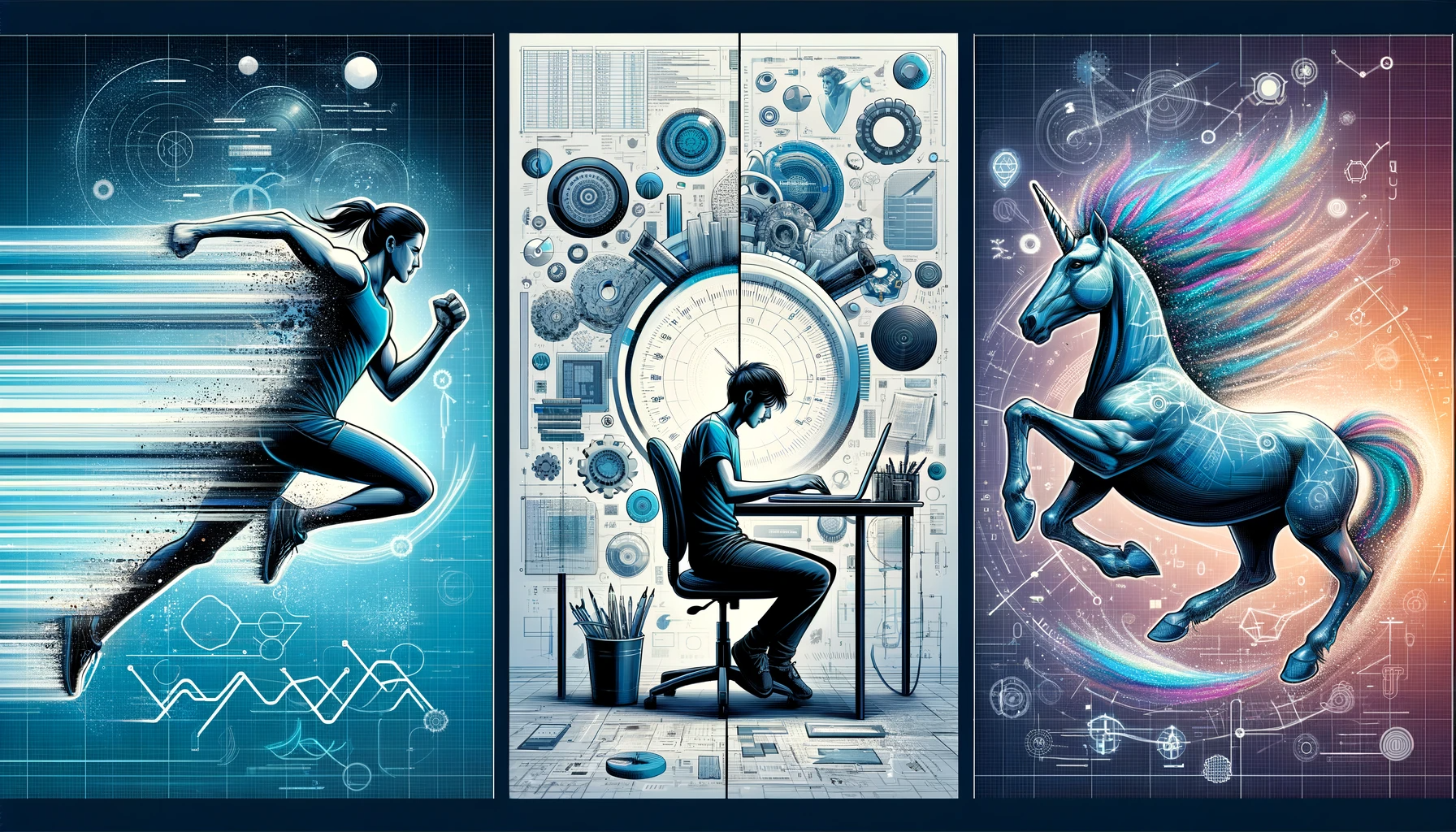If you’ve spent any time on LinkedIn or in engineering Slack channels lately, you’ve probably seen it: the flood of advice from senior developers reminding the world to “own your code,” “understand every line,” and the classic—“AI will never replace real engineers.”
But here’s the thing.
That’s not mentorship. That’s fear.
The Subtext of the Senior Engineer
Let’s get this straight: we respect senior engineers. Many of us on the team are senior engineers. They’ve built the backbone of modern software infrastructure, mentored teams, and scaled products before Stack Overflow even existed. But the reality is shifting.
AI isn’t theoretical anymore. It’s building features, debugging errors, generating tests, and refactoring legacy code faster than most humans. That’s not an insult. It’s just a new context.
When someone posts “own your code,” it’s not just about craftsmanship anymore. It’s about holding onto relevance in a world where understanding every keystroke is no longer a unique advantage—it’s table stakes.
From Craftsmanship to Gatekeeping
A lot of this advice carries a quiet condescension—like AI-assisted developers aren’t “real” devs. But here’s the twist: these same engineers once benefited from prior waves of abstraction. They didn’t hand-write assembly. They adopted frameworks, ORMs, cloud platforms, and CI/CD tools that did the heavy lifting.
AI is just the next abstraction. The difference? This one didn’t ask for permission—and it’s fast.
The Real Threat: Ego
AI isn’t gunning for your paycheck—at least not right away. It’s challenging the identity of engineers who were once the oracle in every room. Now a junior with ChatGPT or GitHub Copilot can get further in 30 minutes than they could have in their first three years.
The discomfort? It’s not about AI writing code. It’s about AI breaking the narrative that experience is the only moat.
And we get it. That’s unsettling.
What to Do Instead
At Empirical, we believe AI isn’t a threat. It’s a multiplier. The devs who lean into it—who learn to prompt it, debug with it, collaborate with it—are the ones who will lead the next era of software.
So here’s our take: stop pretending AI can’t touch your job. Start asking how it can make you 10x more valuable.
Because if your job is just “writing clean code,” then yes—AI is coming for you.
But if your job is solving problems, guiding teams, understanding product and customer needs, and delivering outcomes?
You’re just getting started.
At Empirical, we help forward-thinking teams navigate the future of engineering—AI and all. Want to talk about how AI can level up your dev org? Let’s connect →



